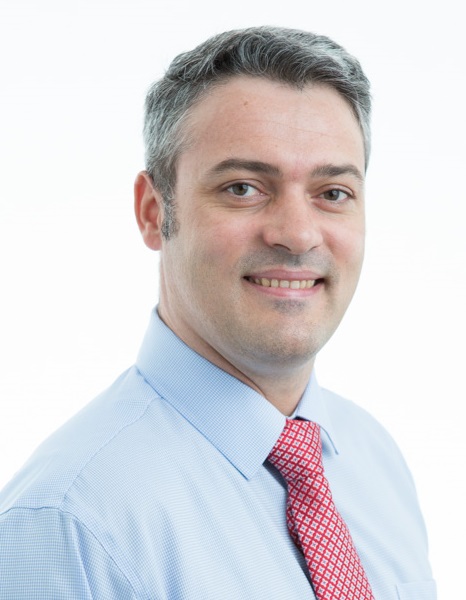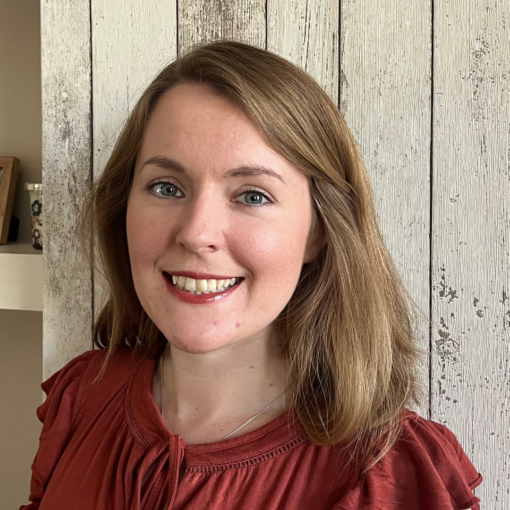PhD in Plant Physiology, Cranfield University (2005)
| Head of R&D | |
|---|---|
| NBPOL and PNGOPRA | |
Year entered into a non-academic position: 2005
Job highlight: Producer of oil-palm seeds, market segmentation, pest and disease and worker productivity
My research training set me up to be… a good data analyst, methodical and resourceful.
Left academia after: PhD
What’s your background?
Born on a dairy farm, pursued an undergraduate degree in Applied Biology, followed by a Master’s in Tropical Irrigation and a PhD in Plant Physiology.
Why did you move away from academia?
Research jobs in academia can be precarious as they do not offer fast track career options and performance is not always fully rewarded, despite hard work, long hours and relatively low pay. Recent influx of people completing a PhD makes for even stiffer competition for ‘tenured’ positions, especially with later retirement ages. The limited progression opportunities can mean that talented individuals feel undervalued and as if they are not fulfilling their career potential.
Is there anything you miss about academia?
The pub, the friends and the sport facilities. Being young and wild.
How did you get this job?
I was head hunted at first and was then promoted.
Did you think you had the skills required for your current position before you started? Were you right?
No, I needed to know my industry, and now have a worldwide reputation.
How did your PhD prepare you for your current job? For example, what were the transferable skills that you developed during your PhD that are most relevant to your current job?
Analytical skills that I developed during my research have been most relevant and helpful. A PhD gives you a very good foundation for making sound decisions where you basically know how to read a paper, interpret the data, assess if a research project or an operation makes sense and what it can bring you.
It is a shame that a PhD does not prepare one for a business environment, as we do not receive complimentary education on finance and administration. As you go up the ladder in an industry it is essential to acquire managerial skills such as finance, HR and operations. Therefore, I would encourage students to learn how to read a balance sheet and how to prepare financial budgets. .
Did you have any preconceptions about your sector that proved to be wrong?
No, my expectations were met. I wanted to work in a large firm with a lot of people. For my very first job, I had 300 daily workers and when in palm oil I had up to 2,200 people under me. I like people and the camaraderie, to be in charge of a team and deliver results. So yes, the industry I work for met my expectations.
Can you describe a typical week in your job?
I have eight Research heads of department and a Finance and Admin department. I also have three international students whom I coach once a week. The job I do is mainly administrative: I do reviews and engage discussions in research objectives (long term) and sort little problems of the science groups, for example approving purchases or particular research projects. As Head of R&D I am at the interface with the industry and do a fair bit of communication for the groups on environmental impact, genetics, breeding and palm nutrition. I also keep an eye on the operational effectiveness of the company and advise management when an issue may arise.
What’s the workplace culture like?
Very good, I am the culture champion. With the support of senior management, I was able to interview the executives and convince them of the value of restructuring, a change that resulted in the company doubling it’s output.
What are your favourite parts of your job?
Science reviews, budgeting and learning new things. We cover eight research aspects all around agriculture that include agronomy, entomology, plant breeding, biotechnology, plant pathology, GIS etc. I have the opportunity to touch everything and every head has to convince the board through me of their intention. That has kept me very informed as my staff have fueled my passion for learning.
What are your reflections on your (future) career path?
I am doing an MBA at Bradford University and will position myself to go back into the Operations of a large agro-industry at the level of a COO or CEO.
Do you have any advice for current graduate students and postdocs considering a career outside of academia?
Be prepared for a tough year, have no fear of failure and reputation, always do what you think is ethically right. Remember where you come from, do not forget to have time with your family, there is a life after work.
Can you recommend any relevant resources, organisations or events that might help somebody new to the sector find out more about it?
Attend relevant conferences within the sector, read read read read, talk to people from top to bottom, do all manual jobs yourself before managing the workforce. Experience comes with time, so pace yourself and don’t be afraid to push yourself.
 NBPOL, is a large Agrobusiness, who employs about 20,000 people in Papua New Guinea and Solomon Island. NBPOL’s core business is the production of palm oil but also has business in Beef for meat and Sugar from cane. The company was established in 1967 as a world bank project to develop an inhabited part of the country. It was a very good success.
NBPOL, is a large Agrobusiness, who employs about 20,000 people in Papua New Guinea and Solomon Island. NBPOL’s core business is the production of palm oil but also has business in Beef for meat and Sugar from cane. The company was established in 1967 as a world bank project to develop an inhabited part of the country. It was a very good success.
In 1981, the PNG palm oil industry was facing some severe problems of pest and nutrition. Hence, they decided to create an NGO that would look at the palm oil farmers’ problems. We service about 20,000 smallholders in addition to the industry, so about 150,000 Ha of land.
In both organisations our goal is to improve the productivity per unit of surface. We adhere in full to sustainable development, hence we do not support deforestation and burning and expect growth from the already farmed land.
I am the director of PNGOPRA, check my linkedin on https://www.linkedin.com/in/dr-luc/





